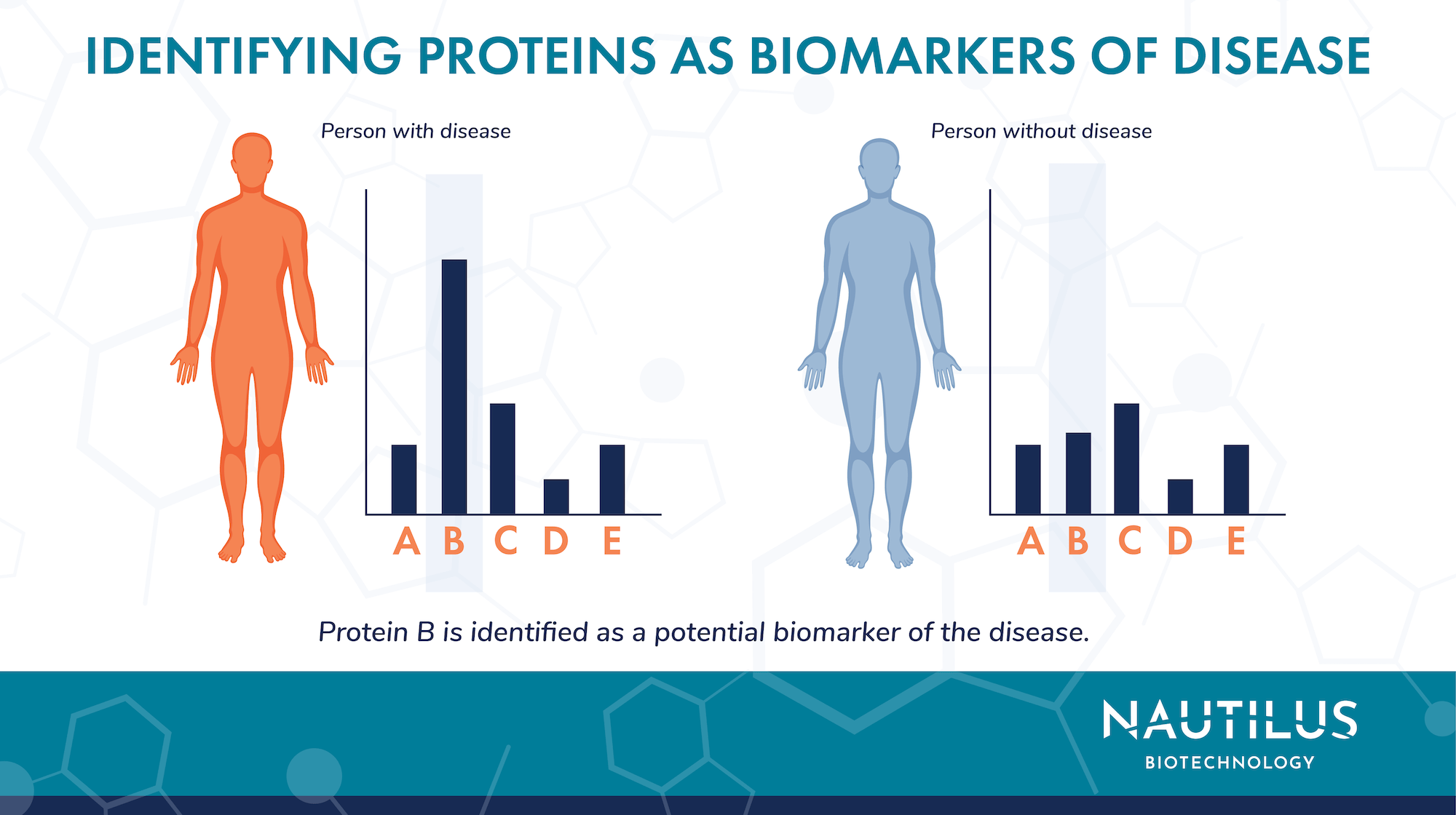Biomarker research is rapidly evolving, driven by the relentless pursuit of precision medicine. In the medical realm, a biomarker is a measurable indicator of biological processes, pathogenic processes, or pharmacologic responses to a therapeutic intervention. A critical subset of biomarkers is monitoring biomarkers, which are used to assess disease progression or response to treatment. An exemplary case of such a biomarker is Serum Prostate-Specific Antigen (PSA), commonly utilized in the monitoring of prostate cancer. This article delves into the intricacies of biomarker research, focusing on its medical applications, particularly through the lens of PSA.
At the heart of biomarker research lies the quest for specificity and sensitivity. A precise monitoring biomarker functions like a compass, providing direction in the tumultuous seas of disease management. PSA, a protein produced by both normal and malignant cells of the prostate gland, exemplifies the duality of biomarker potential. While it’s not exclusively specific to prostate cancer, its elevated levels can signify the presence of malignancy and guide therapeutic decisions.
The diagnostic utility of PSA assays marks a significant leap in urology. Traditionally, prostate cancer diagnosis hinged on invasive procedures such as biopsies. The advent of PSA testing has revolutionized this paradigm, allowing for earlier interventions. A gentleman’s rise in PSA levels can alert healthcare providers to a potential issue, fostering timely investigations and tailored treatment plans. It offers a non-invasive option that can substantially mitigate the risk and discomfort often associated with traditional diagnostic approaches.
However, the discourse surrounding PSA is not devoid of controversy. The specificity of PSA as a biomarker comes under scrutiny due to its propensity to yield false positives. Conditions such as benign prostatic hyperplasia (BPH) and prostatitis can also elevate PSA levels. This can lead to unnecessary anxiety and invasive procedures for patients, prompting a nuanced understanding of the biomarker’s role. It underscores the necessity for an integrative approach, where PSA testing is coupled with patient history, clinical evaluations, and imaging techniques to ascertain its implications accurately.
This complexity illustrates a fundamental truth in biomarker research: a singular measurement rarely tells the whole story. Recent advances have unveiled a trove of novel biomarkers that could complement or refine the monitoring process. For example, the proliferation of liquid biopsy technologies has illuminated a path toward non-invasive tests that analyze circulating tumor DNA (ctDNA). These biomarkers could provide additional layers of information about tumor dynamics, mutations, and treatment responses, thus enhancing the predictive power in clinical settings.
Moreover, the intersection of artificial intelligence and biomarker research heralds an era of unprecedented potential. Machine learning algorithms can sift through vast datasets, unearthing correlations that might elude human analysts. By analyzing PSA trends in conjunction with various genomic and proteomic profiles, these advanced systems can tailor treatment protocols in real-time, enhancing outcomes and minimizing adverse effects.
As we contemplate the future of biomarker research, it is impossible to overlook the ethical dimensions entwined with these advancements. With great power comes great responsibility. The use of biomarkers, particularly those that may predict outcomes, raises questions about patient autonomy, informed consent, and accessibility. Ensuring that patients are well-informed about the limitations and implications of biomarker testing is essential in sustaining the trust between healthcare providers and patients.
Additionally, equitable access to advanced biomarker testing remains a pressing concern. As we venture into a territory where biomarkers could dictate treatment pathways, the disparity in healthcare access could widen chasms in healthcare equity. Hence, it becomes imperative for medical institutions and stakeholders to advocate for policies that democratize access, enabling every individual to benefit from these diagnostic tools.
Biomarker research is not just a mere scientific pursuit; it embodies the promise of a paradigm shift in how we understand, diagnose, and treat diseases. Monitoring biomarkers like PSA illuminate pathways to earlier detection and personalized treatment plans, emphasizing the importance of integrating innovative technologies and ethical considerations in healthcare practices. As the landscape continues to evolve, so too does our understanding of the myriad complexities embedded within the human body and the diseases that afflict it.
In summary, monitoring biomarkers serve as vital conduits in the armamentarium of medical diagnostics and therapeutics. With examples such as PSA guiding the way, the horizon seems ever more promising. Closer examination and exploration of these tools will unveil new methodologies and insights, thereby enhancing patient care and ushering in an era of informed decisions and effective interventions. The exploration of biomarkers is not just the study of indicators; it’s a journey toward uncovering the intricate tapestry of human health, one thread at a time.
